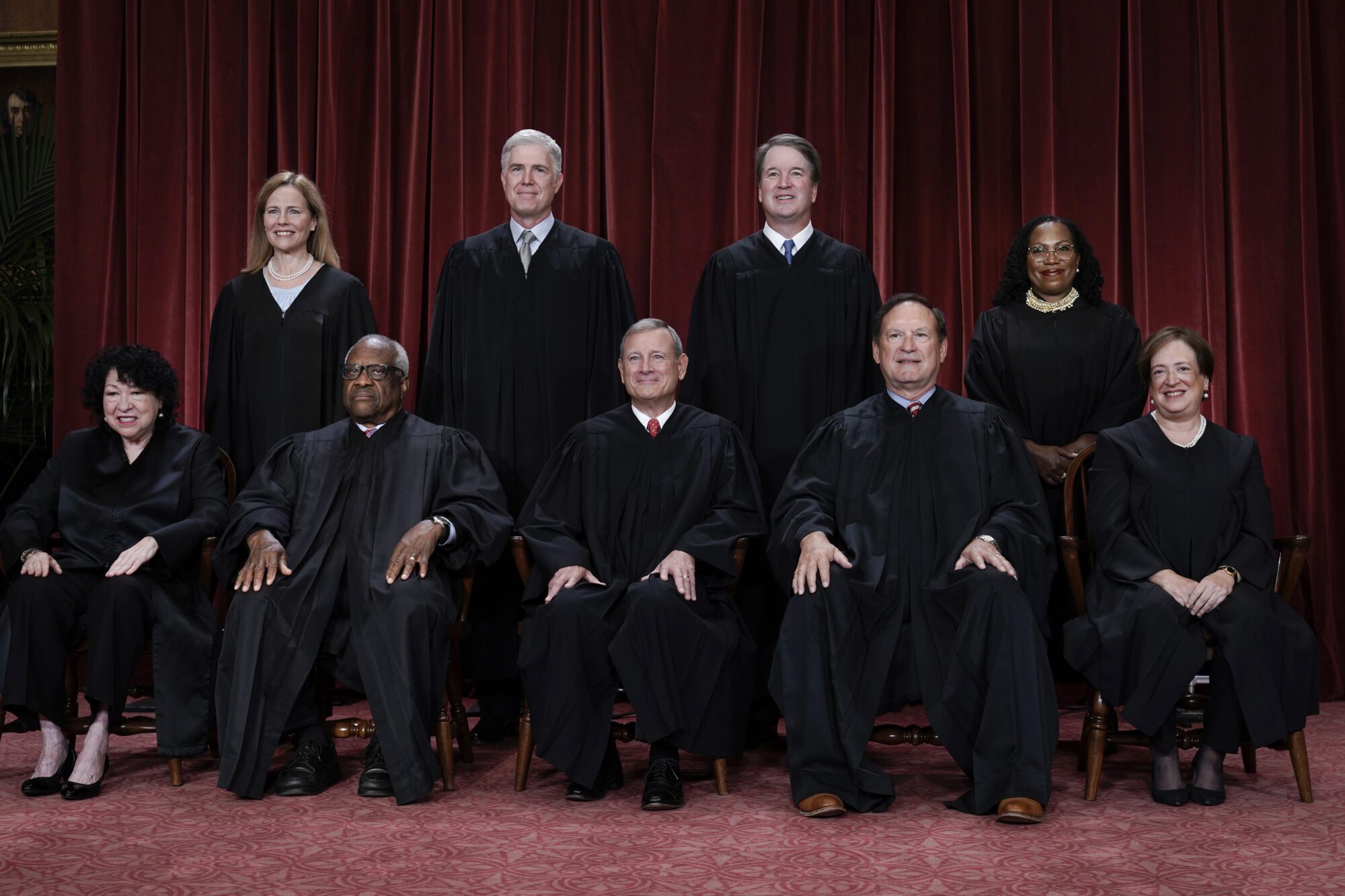Mississippi Senate Report. April 6, 2010
For more information and find out more about Senator Kelvin Butler go to http://www.kelvinbutler.com/
Senator Kelvin Butler is Chairman of the Local & Private committee. He also serves on the Business & Financial Institutions; Finance; Judiciary, Division A; Municipalities; State Library; Highways & Transportation and Tourism committee.
Major Actions by the Mississippi Senate, 2010 Session that are now law or are pending the Governor’s signature.
(Other pending bills will be added, including Appropriations bills that will be approved when the Legislature reconvenes April 20, 2010.)
1. Senate Bill 3189 created incentives to lure a $132 million solar panel production company to the state that will employ 500 workers within five years at an average salary of $34,000.
2. House Bill 338 facilitates construction of a $300 million pipe making facility in Tunica County that will employ 500 workers over the next five years. The average annual wage will be $32,000 and the company is expected to draw spinoff businesses such as trucking, material suppliers, mechanic shops and food establishments among others. The Senate’s vote in conjunction with the House approved a $35 million incentive package that will help the Germany-based Wilh. Schulz GMBH, open its first company in North America. They will make cold-formed clad metal pipes that are used in the oil industry and others. Tunica, which has a 12.1 percent unemployment rate and a population of about 10,500, will benefit greatly from the facility, as will surrounding counties. It is also expected that shipping modes will include truck and rail lines.
3. Senate Bill 3107 authorized $1 million in bonds toward the construction of a regional Workforce Training Center on the campus of Southwest Community College. The federal government will pay $4.8 million toward the project and the school will contribute $200,000.
4. Senate Bill 2495 restored $82 million to state agencies for the current fiscal year, including $37 million to K-12 education and $2 million to ensure that National Board Certified teachers receive their $6,000 annual stipend
5. House Bill 1701 appropriated $89 million for upgrades at colleges and universities, as well as a $24 million for repairs and upgrades at junior and community colleges.
6. Senate Bill 3181, a $300 million bond bill, will allocate $100 million to either repair or replace 95 of the state’s worse bridges. That bond bill also set aside $20 million for the State Aid Road Fund, which finances repairs to non-state owned streets and roads. Another $20 million will go to the Local System Bridge Replacement and Rehabilitation Program.
7. House Bill 1715 authorizes the Department of Environmental Quality and the Department of Health each to borrow up to $80 million, which cities and counties could in turn borrow from to finance certain water and sewer related projects at a reduced interest rate.
8. House Bill 1716 would provide a $5.50 per acre tax credit to landowners willing to convert or dedicate portions of land for use as a natural area preserve, a wildlife refuge or habitat area, a wildlife management area, or for the purpose of providing public outdoor recreational opportunities.
9. Senate Bill 2651 limits the information printed on credit and debit card receipts as a means of decreasing the chances of fraud.
10. House Bill 1681 creates a $17 million loan program from the Emerging Crops Fund for sweet potato farmers who lost more than 50-percent of their 2009-2010 crops because of excessive rains, thereby keeping some of them in business.
11. House Bill 1874 provides enterprises owning or operating upholstered household furniture manufacturing facility job tax credits of $2,000.
12. Senate Bill 2027 preserves the $20 million Workforce Enhancement Training Fund, which helps community and junior colleges provide workforce training for traditional and non-traditional students.
13. Senate Bill 2389 allows non-traditional students to be enrolled in vocational and technical training courses while in high school they choose not to seek a traditional education.
Quality of Life Measures:
14. Senate Bill 2393 will allow the self-administration of prescription asthma/anaphylaxis medication by students who suffer from asthma. A plan signed by a physician for administering the medicines will be on file at the school and administrators would be trained at administering the medicines at the expense of the American Lung Association of Mississippi.
15. Senate Bill 2293 will create open-enrollment Charter Schools, which will allow parents to take over a school that has failed for three consecutive years and convert it into a more efficient educational facility.
There are 212 schools across the state that are failing or at risk of failing. That’s 22-percent of our 951 elementary and secondary schools that are not performing to a level of acceptability. The Charter School initiative will be overseen by the Mississippi Recovery School District. The schools would enlist the aid of parents as bus stop monitors, mentors and tutors, and also would require their increase involvement at school events. The bill sets forth a strict list of educational requirements for children who would attend the school. This new form of public school will be eligible to receive some of the $4.3 billion in federal funding available for creation of more accountable and effective schools in which the involvement of parents will be key. This bill has cleared both Houses.
16. Senate Bill 2923 will place domestic violence under the category of assault if the victim is choked or strangled. It gives a judge the authority to order a 24-hour cooling off period for the aggressor.
17. Senate Bill 2862 will allow concealed weapons permit holders to carry a firearm inside of state parks. Cities and counties will still keep the option of regulating concealed weapons in their parks.
18. Senate Bill 2015, the Anti-Bullying bill will require school districts to adopt policies that prohibit children from bullying their classmates.
19. House Bill 512 will require a prescription for the purchase of certain over the counter medications containing pseudoephedrine, a key component in the illegal production of methamphetamine. It becomes law July 1. Cleanup of a meth lab costs between $4,500 and $7,000.
20. House Bill 1157 seeks an additional $100 fee charged to convicted sex offenders to help offset the cost of maintaining a DNA database. It will establish an additional $300 fee to be charged to persons convicted of felonies or enrolled in pretrial intervention programs in which the State Crime Lab provided laboratory analysis or forensic services. The database would be particularly helpful to law enforcement in investigating crimes committed by repeat offenders.
21. House Bill 113 requires a seven day waiting period for producing public records requests instead of 14 days. Agencies can only charge the actual cost of reproduction.
22. House Bill 835 will allow some indigent jail inmates to work off their fines and restitution in Attala, Carroll, Forrest, George, Greene, Grenada, Jackson, Leflore, Montgomery, Pearl River, Perry and Tallahatchie counties. Excluded from the program are felons convicted of violent crimes, burglary or drug dealing.
23. Senate Bill 2753 will let citizens stretch out payments to the Mississippi Tax Commission for up to 60 months when the amount owed is in excess of what they could normally pay on their current budgets.
24. House Bill 232 makes sales of novelty cigarette lighters illegal after July 1. Children and young adults have been injured using these lighters that look like toys in the shapes of small pistols or figurines.
25. Senate Bill 2596 makes it illegal to drive a vehicle powered by nitrous oxide upon public streets and highways. The bill will allow charges to be filed against anyone who violates the law only if they commit another offense, such as speeding or reckless driving. The bill allows some leniency in that it does not require disassembly of an active nitrous oxide system. It just requires that hoses supplying nitrous oxide to the engine be disconnected.
26. Senate Bill 2636 will place up to $400,000 in taxes derived from cotton warehouses and compresses into the Boll Weevil Management Fund from the general fund.
27. Senate Bill 2616 allows the newly incorporated city of Byram to take over and maintain Lake Dockery.
28. Senate Bill 3014, the “John Paul Frerer Bicycle Safety Act,” was named in memory of the 18-year-old Tupelo High School student who was struck and killed while riding his bike on August 13, 2009, on Highway 6 near the Thaxton community in Pontotoc County. This bill was signed into law and becomes effective July 1. It mandates that drivers give cyclists and runners a three-foot-clearance, not obstruct bike paths or trails and not force them to the shoulder of the roads. Those who violate this law and are charged, face a $100 fine for a first conviction, a $500 fine for a second conviction and a $2,500 fine and seven days in jail for a third conviction.
29. House Bill 170 allows county supervisors to set rules under which strip clubs operate.
Currently, the Senate and House are recessed until April 20, when they return to the Capitol with the hopes of adopting the $5.5 billion 2011 fiscal budget. Both sides have agreed to revenue sources, but will be unsure until they return in April whether the state will receive an additional $187 million in federal Medicaid funds that will offset some of the cuts that the Governor has been forced to make because of lower than expected revenues.







